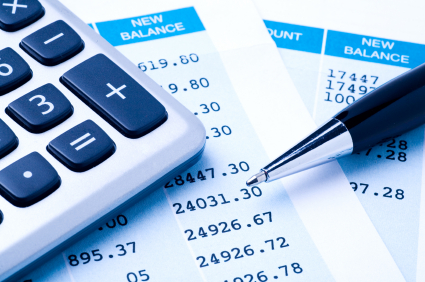New Regulations Could Mean You’ll Pay for Checking Privileges

If you’ve been enjoying free checking, you’ve probably never wondered about who was paying for it in your place.
It turns out that just 10% of the population foots most of the bill for checking for the rest of us. In fact, they contribute an average of $1,610 each.
How? By paying overdraft fees. Because they have so many overdraft incidents, this 10% pays about 68% of all overdraft fees, with the other 32% being paid by abut 15% of the population. Three-quarters of banking customers never have overdrafts.
In 2009 bank and credit union customers paid over $38 billion in overdraft fees. But that is about to change.
Beginning July 1 for new accounts and August 15 for existing accounts, banks may no longer automatically provide ATM and debit card overdraft protection. Unless a customer specifically opts in to have overdraft rights, their debit card purchases and ATM withdrawals will be rejected if their funds are insufficient. Overdrafts triggered by checks and ACH transfers will still be automatically covered.
This is bad news for the banks – who were raking in profits from customers who might rack up several overdraft charges in a single day of shopping.
Smart consumers who know they’re prone to poor bookkeeping habits will choose to have their purchases denied rather than pay an extra $39 every time they use their debit card to purchase a cup of coffee!
Experts project that this new regulation will costs banks approximately $7.3 billion annually.
So – of course they are looking for ways to replace those profits. One way is by doing away with free checking.
Most believe that credit unions and small community banks will continue to offer free or low cost checking, but the big banks may only offer it with plenty of strings attached.
For instance, you may have a monthly fee of $9.95, but if you maintain a certain balance, enroll in direct deposit from our employer, or use a variety of bank services, it might be waived. It could also be waived if you have a minimum number of debit card transactions in a month. In this case, your monthly fee can come and go depending upon your debit card usage.
With all the bail outs and give-aways we’ve seen in the last couple of years, I find it interesting that people with poor money skills or low bank balances have been, in effect, subsidizing more affluent citizens all these years. Granted, they’ve been doing so because of carelessness in handling their money, but if they thought about it my guess is that they’d object – loudly.
CreditQuick.com




Comments: 0